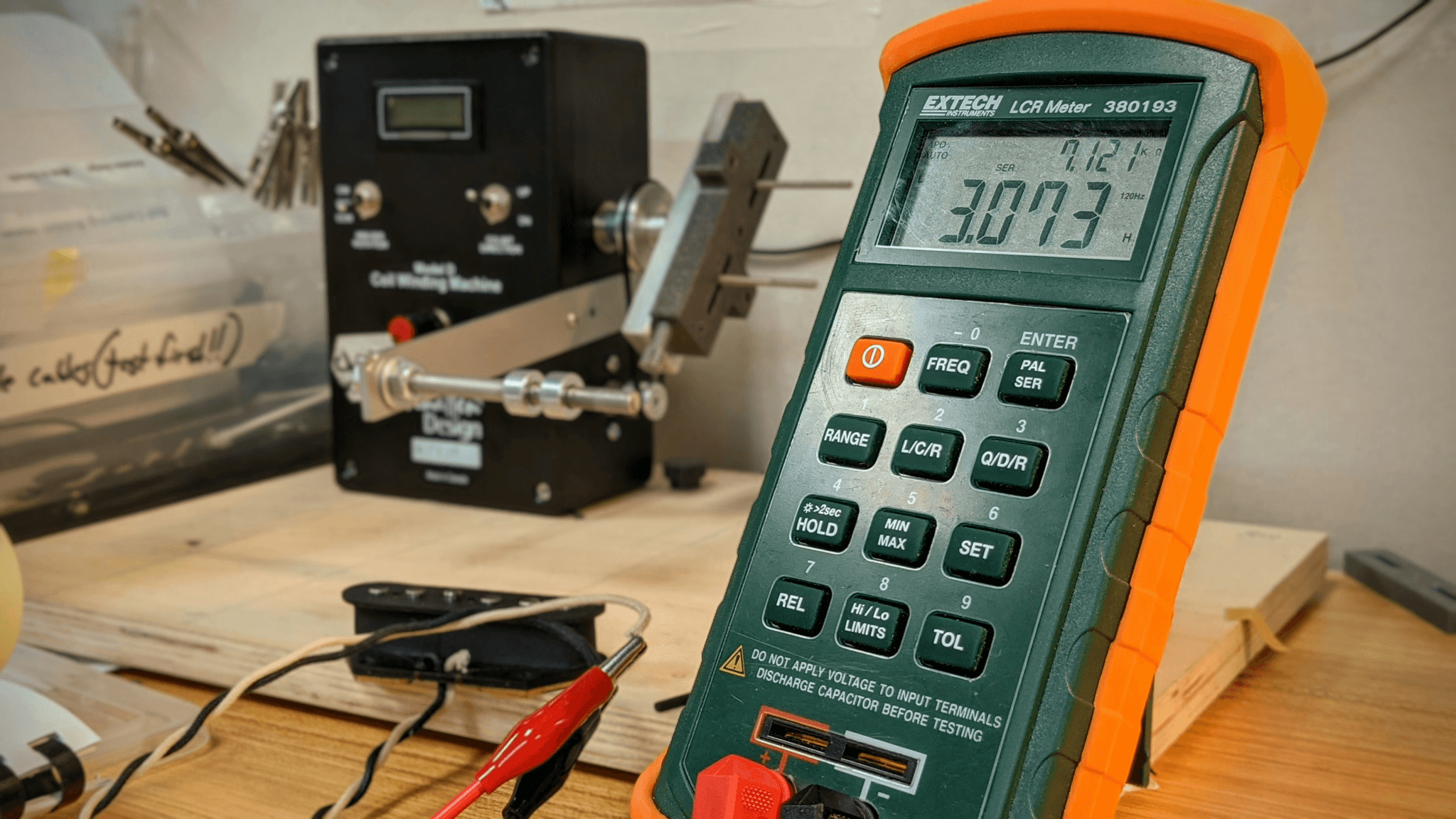Introduction

Welcome to our comprehensive guide on brass and its electrical conductivity. In this article, we will explore the basics of electrical conductivity, understand the unique properties of brass, and delve into how different metals conduct electricity. Whether you're a DIY enthusiast or simply curious about the topic, this guide will provide valuable insights into the fascinating world of metal conductivity.
The Basics of Electrical Conductivity
Electrical conductivity refers to a material's ability to carry an electric current. It is a crucial property in various applications, from everyday household items to advanced industrial processes. Understanding how different materials conduct electricity is essential for making informed decisions when choosing materials for specific purposes.
Understanding the Properties of Brass
Brass is an alloy made primarily of copper and zinc, known for its attractive gold-like appearance and versatility in various applications. However, many people wonder, Does brass conduct electricity? This guide will address this question and shed light on brass's unique electrical properties.
How Different Metals Conduct Electricity
Metals vary widely in their ability to conduct electricity due to differences in their atomic structure and chemical composition. By comparing different metals' conductivity levels, we can gain valuable insights into how they perform in electrical applications such as wiring, electronic components, and more.
Now that we've set the stage with an overview of what's to come let's dive deeper into understanding electrical conductivity and its relevance in our daily lives.
Why Conductivity Matters

When it comes to the importance of conductivity in everyday life, we often don't realize how much we rely on it. From the electrical wiring in our homes to the components in our electronic devices, conductivity plays a crucial role in powering our modern world. Without it, we wouldn't be able to enjoy the convenience of electricity that we often take for granted.
Key factors affecting electrical conductivity include the type of metal being used, its purity, and its atomic structure. For example, metals with more free electrons are better conductors of electricity. Additionally, impurities and defects within the metal can hinder electron flow and reduce conductivity. Understanding these factors can help us make informed decisions when choosing materials for electrical applications.
When comparing brass to other metals in terms of conductivity, it's essential to consider its composition and properties. While brass is not as conductive as pure copper or silver, it still offers respectable electrical conductivity due to its high copper content. This makes brass a favorable choice for various applications where a balance between conductivity and other desirable traits is needed.
Stay tuned for more information on how brass's atomic structure impacts its conductivity and how impurities can affect its performance in electrical applications!
The Science Behind Brass and Electricity

When it comes to understanding the conductivity of brass, it's essential to consider its atomic structure. Brass is an alloy composed primarily of copper and zinc, with varying proportions depending on the specific type. The arrangement of atoms in brass allows for the flow of electrons, which is crucial for its ability to conduct electricity effectively.
Atomic Structure of Brass and Its Impact on Conductivity
The atomic structure of brass plays a significant role in determining its conductivity. With copper as its primary component, brass inherits copper's excellent conductive properties. Additionally, the introduction of zinc into the alloy alters the electron arrangement, creating a balance that maintains good electrical conductivity while also enhancing other desirable properties such as hardness and corrosion resistance.
Conductivity Testing Methods for Brass
Conductivity testing methods are essential for assessing the electrical performance of brass. One common method involves using a device called a conductivity meter to measure how well electricity passes through a material. Another approach is through eddy current testing, which can identify variations in electrical conductivity caused by defects or impurities within the brass.
How Impurities Affect Brass's Conductivity
Impurities can have a significant impact on brass's ability to conduct electricity. Even small amounts of impurities or irregularities in the atomic structure can disrupt the flow of electrons, leading to decreased conductivity. This is why high-quality brass with minimal impurities is preferred for applications where reliable electrical conduction is essential.
With an understanding of how the atomic structure influences conductivity and how impurities can affect it, we can delve into real-world applications where brass's conductive properties are put to use effectively.
Real-world Applications of Brass's Conductivity

Brass in Electrical Wiring and Components
When it comes to electrical wiring and components, brass is a popular choice due to its excellent conductivity. Whether it's in your home or office, brass is often used in electrical sockets, switches, and connectors. Its ability to efficiently conduct electricity makes it a reliable material for ensuring the smooth flow of electrical currents. Additionally, brass's corrosion resistance makes it a durable option for long-lasting electrical connections.
Brass in Musical Instruments
Musical instruments also benefit from the conductivity of brass. From trumpets to saxophones, brass instruments rely on their ability to produce clear and resonant sounds through the conduction of electrical signals in microphones and amplifiers. Brass's conductivity plays a crucial role in delivering high-quality sound output, making it an essential component for musicians and music enthusiasts alike.
Other Practical Uses of Brass's Conductive Properties
Beyond electrical wiring and musical instruments, brass is utilized in various other practical applications due to its conductivity. This versatile metal can be found in plumbing fittings, heat exchangers, and even certain types of jewelry. Its ability to efficiently conduct electricity ensures that these items function effectively while maintaining their structural integrity over time.
By understanding the real-world applications of brass's conductivity, you can appreciate its wide-ranging impact on everyday life. Whether it's enhancing the performance of electrical systems or contributing to the artistry of music, brass continues to play a vital role thanks to its exceptional ability to conduct electricity.
Mythbusting: Common Misconceptions about Brass and Electricity

Addressing Misinformation about Brass's Conductivity
There is a common misconception that brass does not conduct electricity, but this couldn't be further from the truth. In fact, brass is an excellent conductor of electricity due to its high copper content. Many people mistakenly believe that because brass is often used in decorative items, it must not have any practical conductivity. However, this is simply not the case.
Debunking Myths about Brass's Ability to Conduct Electricity
Another myth surrounding brass is that it cannot be used in electrical applications because it does not conduct electricity well. This myth likely stems from a misunderstanding of the properties of brass and its composition. While brass may not conduct electricity as effectively as pure copper, it still has significant conductivity and can be utilized in various electrical components and wiring.
Clarifying the Truth about Brass and Electrical Conductivity
To clarify, brass does indeed conduct electricity, although not as efficiently as some other metals like copper or silver. However, this does not mean that brass is unsuitable for electrical use. In fact, its unique combination of properties makes it an ideal material for certain applications where a balance of conductivity and other characteristics is required.
Now that we've addressed some common misconceptions about brass's conductivity let's delve deeper into why it's an excellent choice for various electrical applications.
Conclusion

When it comes to making informed choices with brass, understanding its conductivity is crucial. Whether you're considering using brass in electrical applications or simply want to appreciate its properties, knowing how well it conducts electricity can guide your decisions. By harnessing the conductivity of brass, you can take advantage of its unique properties and find innovative ways to incorporate it into your projects. Embracing brass's role in electrical applications opens up a world of possibilities for creating durable, efficient, and reliable solutions.
Making Informed Choices with Brass
As you explore the world of brass and its conductivity, remember that it offers a balance of strength and electrical performance that makes it a versatile choice for various applications. Whether you're working on DIY projects at home or considering materials for commercial use, understanding how well brass conducts electricity empowers you to make informed decisions that suit your specific needs. By weighing the benefits of brass against other materials, you can confidently choose the best option for your project.
Harnessing the Conductivity of Brass
Once you grasp the concept of how brass conducts electricity, you can start harnessing its unique properties in practical ways. From creating custom electrical components to crafting musical instruments with exceptional sound quality, leveraging the conductivity of brass opens up opportunities for innovation and creativity. By exploring different ways to utilize this metal's conductive abilities, you can uncover new possibilities and discover solutions that stand out for their performance and reliability.
Embracing Brass's Role in Electrical Applications
Embracing brass's role in electrical applications means recognizing its value as a reliable conductor while also appreciating its aesthetic appeal and durability. Whether it's used in electrical wiring or as part of intricate circuitry, brass plays a vital role in powering everyday devices and systems. By embracing this metal's ability to conduct electricity effectively, we can continue to rely on it for a wide range of practical applications that enhance our lives.
In conclusion, understanding how well does brass conduct electricity allows us to make informed choices when selecting materials for various projects. By harnessing the conductivity of this versatile metal and embracing its role in electrical applications, we can unlock new possibilities and create innovative solutions that deliver exceptional performance.
